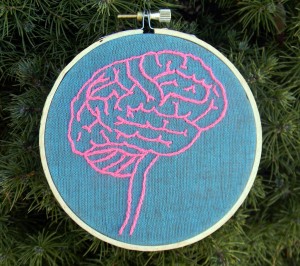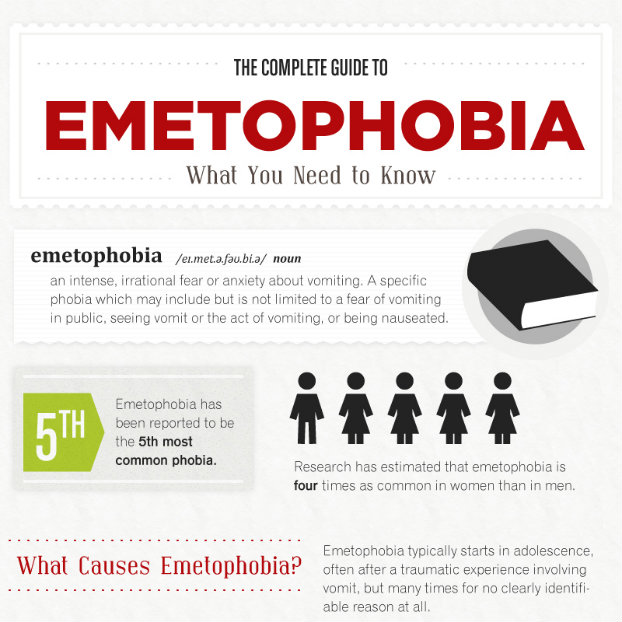 A lot of people don’t know that brain chemistry can affect your mood and mental health. Researchers have linked abnormal activity in certain brain structures to disorders such as Depression, Bipolar Disorder, and Schizophrenia.
A lot of people don’t know that brain chemistry can affect your mood and mental health. Researchers have linked abnormal activity in certain brain structures to disorders such as Depression, Bipolar Disorder, and Schizophrenia.
There also seems to be a link between the workings of the brain and anxiety disorders. In people who have a family history of anxiety disorders, a biological cause is very likely. A book by psychologist Cheryl Winning Ghinassi describes what happens in the brain of an anxious person.
Anxiety and the Brain
There are a number of factors that have been identified by specialists as being related to anxiety. The brain of an overly anxious person is already more sensitive to stress. When the body is confronted with a perceived threat in the environment, the brain prepares it to react. The Sympathetic Nervous System (SNS) becomes active in stressful situations. The SNS is what triggers physiological reactions in the body such as:
A chemical in the brain which is involved in the onset of anxiety is norepinephrine. When it is released in the brain, norepinephrine functions as a signal to the body to panic. In some cases, panic attacks are triggered in people with very little external cause.
Learning about the Brain Chemistry of Mental Health
It is important for people with anxiety disorders to understand what’s happening to them when they experience stress. Family and friends of anxious people also need to be educated on the biology of anxiety. Knowledge of a condition can benefit the anxious person and his or her loved ones. It helps the afflicted person to cope with the illness and the people in his or her life to be supportive.
People with mental health conditions like anxiety and depression should never be blamed for their condition. While there is still some debate about the cause of depression and anxiety, both illnesses have been shown to have biological components.





